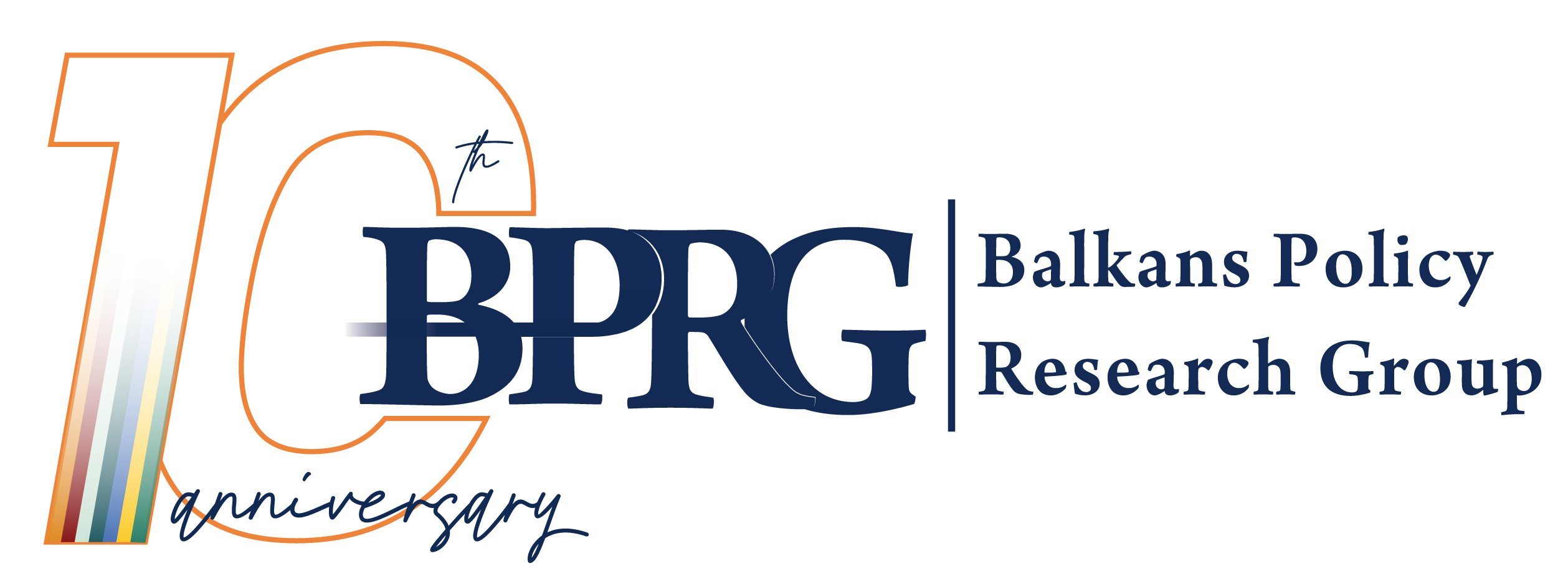Kosovars will cast their ballots on Sunday, October 6, to pick a new parliament in snap elections.
Rampant corruption, widespread unemployment and sour relations with neighbouring Serbia are themes dominating the poll — and must be addressed if the country is to make progress toward EU membership.
The election was triggered when Prime Minister Ramush Haradinaj resigned after a war crimes court in The Hague summoned him for questioning as a suspect. It concerned his role in the 1998-99 insurgency against Serb forces.
Here’s what you need to know about the elections.
Kosovo and Serbia: still at odds
Predominantly Albanian Kosovo declared its independence in February 2008, when Serbia rejected the declaration as illegal but Europe’s major powers and the United States recognised the move.
Where do things stand 20 years since the former Yugoslav territories were at the centre of one of Europe’s most violent conflicts? In short, Serbia considers Kosovo part of its territory but Kosovo considers itself an independent state.
Both Serbia and Kosovo aspire to EU membership — Serbia as a candidate country and Kosovo as a potential candidate. The EU insists that Serbia must normalise its relations with Kosovo before joining.
In 2013, Kosovo and Serbia agreed to EU-sponsored talks, but little progress has been made since.
“These elections are important because the Belgrade-Pristina dialogue is currently completely at a standstill. A resumption of the dialogue is an essential condition for the normalisation of relations,” said Alessandro Politi, director of the NATO Defense College Foundation.
Pristina imposed a 100% tax on Serbian imports, which it says it will only lift once Belgrade recognises Kosovo as a sovereign state.
One of the key stumbling blocks is the situation of Kosovo’s Serb minority concentrated in the north, which Pristina struggles to control.
In 2018, the Kosovar and Serbian presidents floated the idea of a “border correction” but the proposal was criticised by the likes of Germany, which fears that any territorial exchange risks sparking instability by calling into question other western Balkan borders.
Naim Rashiti, executive director of the Balkans Policy Research Group told Euronews: “Domestically, the row with Serbia is not seen as a priority as people want employment, education and improve their quality of life”
“In the future, we will keep seeing trade warfare between Kosovo and Serbia,” the expert added.
What are the other key issues concerning voters?
With Europe’s youngest population (the average age is 29), Kosovo has seen annual economic growth averaging 4% over the past decade, yet more than a third of people are unemployed.
Over 200,000 Kosovars have left their country and applied for asylum in the European Union since it declared independence, with Kosovo’s population now at 1.8 million.
Securing a well-paid job often requires hard cash or political connections — indeed, it is this graft that frustrates a younger generation of Kosovars who are more likely to reject traditional parties.
“Young people born after the war understood the value of the liberation struggle, but the corruption that followed filled the pockets of ex-combatants. They can no longer find a job, can no longer have a visa to be able to emigrate and have insufficient services at home”, Politi told Euronews.
“An important point for Kosovo will be to comply with EU criteria for the fight against corruption, which are well measurable: without this, young Kosovars will not be able to enjoy the system of facilitated visas to find work in the Schengen area,” he added.
The lack of basic infrastructure is another issue of concern to voters.
“There are entire regions in which 40% of the population lives without sewage,” said ISPI researcher Giorgio Fruscione.
What’s the role of the diaspora?
Kosovo’s diaspora is estimated between 700,000 and 800,000 people.
While Kosovars living abroad used to play an influential role in the country’s politics, their influence appears to be fading.
This time, only 35,000 have registered to vote, Rashiti told Euronews, adding that many were now older, second or third-generation immigrants and were “less and less connected to the daily life of Kosovo society.”
Who is in the running?
Dissatisfaction with the results delivered by Haradinaj’s three-party governing coalition means more support is likely to go to opposition parties, with the centre-right Democratic League for Kosovo (LDK) and the nationalist, left-leaning Vetevendosje competing for first place.
In the last elections in 2017, three former Kosovo Liberation Army leaders-turned-politicians, Haradinaj, Kadri Veseli and Fatmir Limaj formed the coalition, but this time they are standing separately.
Vjosa Osmani, the LDK’s candidate for prime minister, said she believed Kosovars were now ready to be led by a woman for the first time.
Source: https://www.euronews.com/2019/10/05/kosovo-what-you-need-to-know-about-the-country-s-snap-elections
Photo Credits: REUTERS/Florion Goga



